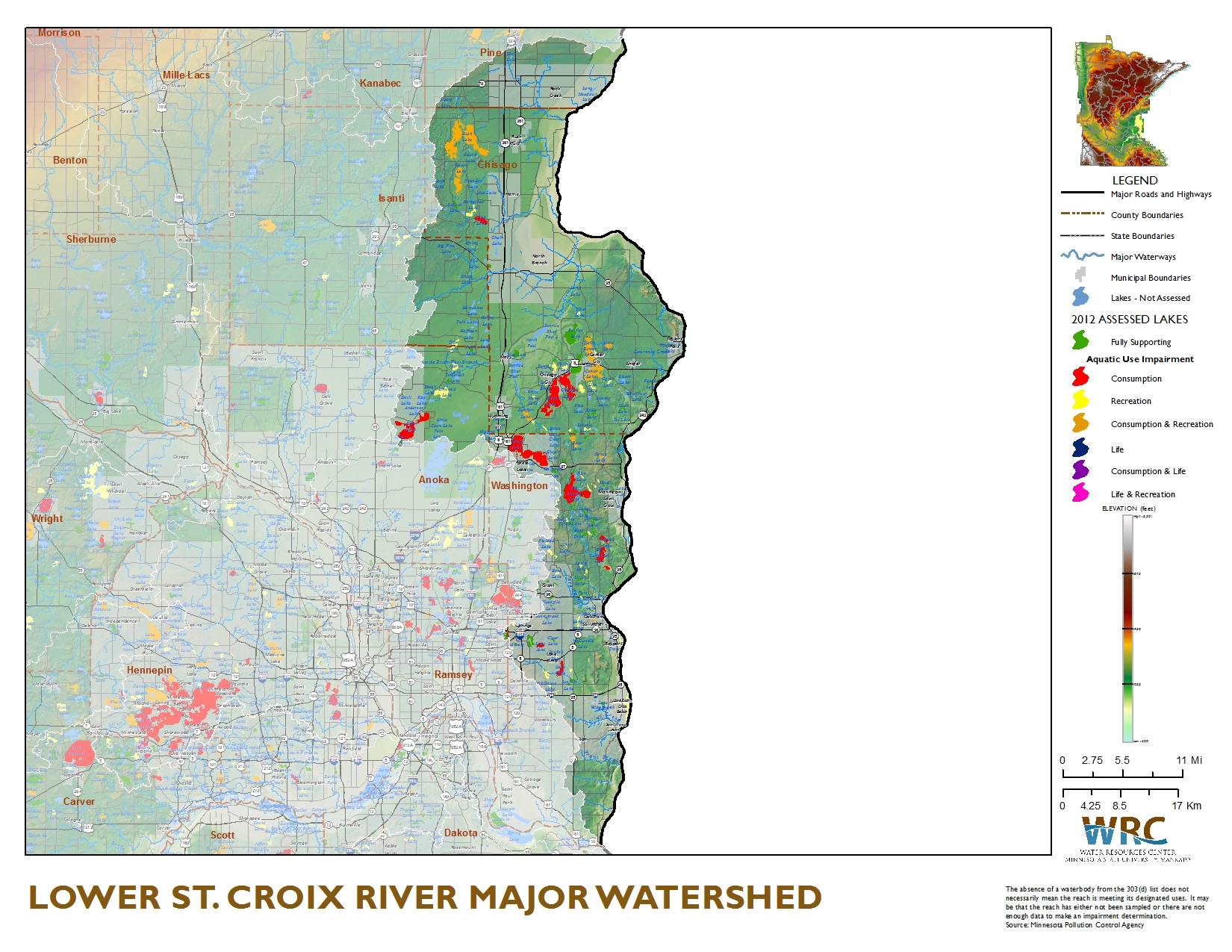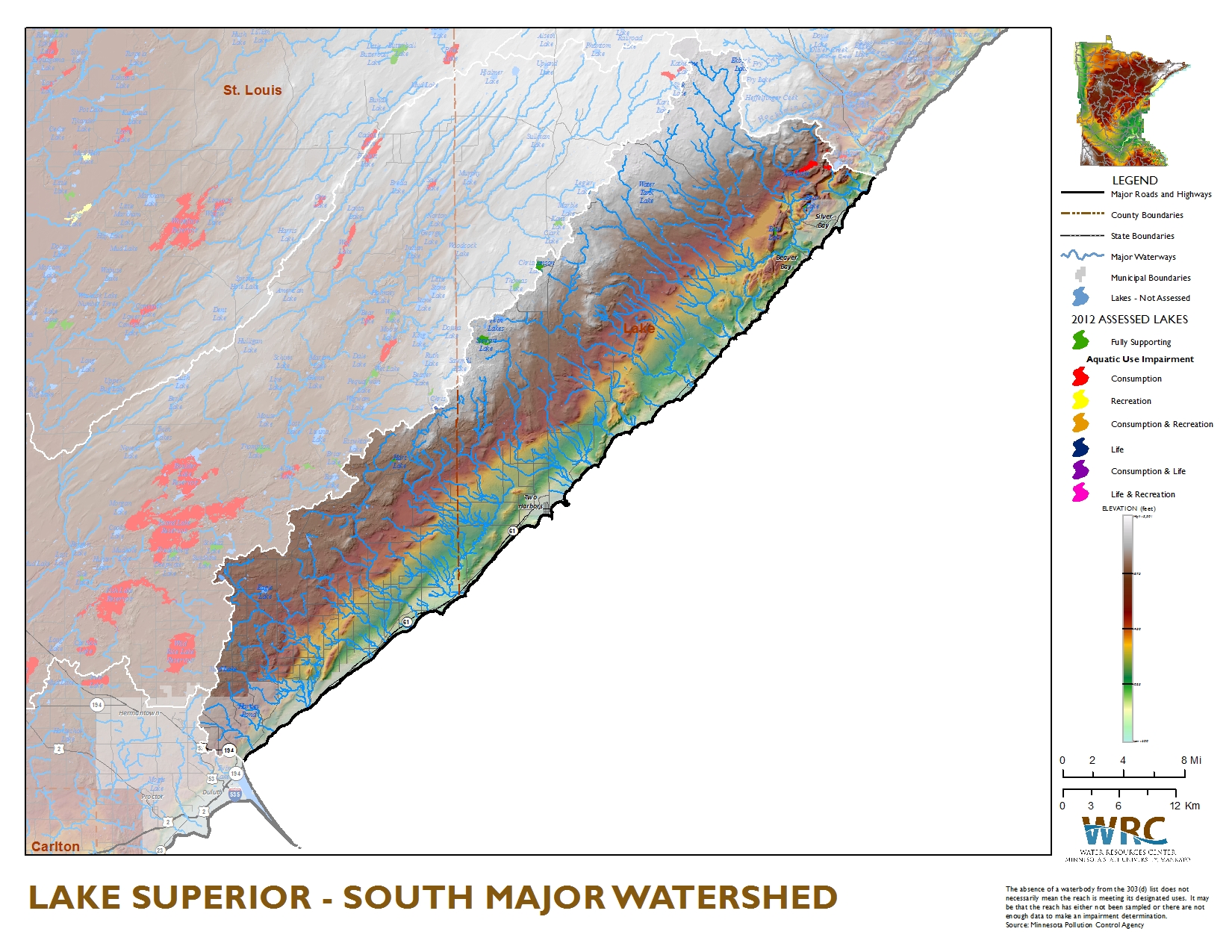

- #COUNTY LAKE WATERSHED DEVELOPMENT STANDARD NOTES CODE#
- #COUNTY LAKE WATERSHED DEVELOPMENT STANDARD NOTES PROFESSIONAL#
Waterbodies can be delisted if monitoring finds that they meet the water quality standards or if a Total Maximum Daily Load (TMDL) is created and approved by EPA for the waterbody and the pollutant exceeding the water quality standard.Ī TMDL, or Total Maximum Daily Load, is the amount of a single pollutant (such as bacteria, nutrients, metals) that can enter a waterbody on daily basis and still meet water quality standards set forth by the state. The list gets its name from the requirements of section 303(d) of the Clean Water Act. When monitoring finds that water quality standards are not being met, the waterbody is designated as impaired and placed on the 303(d) list. Learn more about water quality standards. The results are then compared with water quality standards established by SCDHEC that take into consideration the use and value of the waterbody for public water supply for the protection of fish, shellfish, and wildlife and for recreational, agricultural, industrial, and navigational purposes.

coli), pH, dissolved oxygen, suspended solids, nutrients, and metals. The water samples are analyzed for several different parameters such as bacteria (E. The South Carolina Department of Health and Environmental Control (SCDHEC) conducts water quality monitoring to assess the health of the state’s streams, rivers, and lakes. View the Stormwater Permit Application Flow Chart * See the Stormwater Management Ordinance, Chapter 38, Article V for exceptions and exemptions. Within 7 days of receiving this information and payment of the $125 application fee, SCDHEC will issue NPDES permit coverage or request to review the stormwater plan also before issuing the NPDES permit approval. Anderson County will forward the approval letter and the Notice of Intent (NOI) to SCDHEC. An application fee of $125 to SCDHEC is required for this permit, and permittees are responsible for arranging payment with SCDHEC. Once an applicant’s plan receives approval from Anderson County, a National Pollution Discharge Elimination System (NPDES) permit must also be obtained from the South Carolina Department of Health and Environmental Control (SCDHEC) before land disturbing activities can begin. If notice is not given or action not taken by the Stormwater Department within 20 working days, the plan is considered approved by default. Upon receipt of a stormwater plan submittal the Stormwater Department has 20 working days to review the plan and issue an approval letter or return comments to the applicant’s design professional.
#COUNTY LAKE WATERSHED DEVELOPMENT STANDARD NOTES CODE#
Code 1976, § 40-22-10 et seq.Ī base fee of $850 plus $200 per disturbed acre for any application submitted is required. Tier B land surveyor as described in S.C.Registered landscape architects as described in S.C.
#COUNTY LAKE WATERSHED DEVELOPMENT STANDARD NOTES PROFESSIONAL#
Registered professional engineers as described in S.C.A stormwater management and sediment control plan must be certified by one of the following: Vehicle maintenance companies, asphalt companies, and other industrial stormwater dischargers may need to apply for a permit.Īnderson County requires land disturbing activities disturbing one or more acres, including sites smaller than one acre that are part of a larger common plan of development ultimately disturbing one or more acres, to obtain permit coverage for their stormwater discharges by submitting a stormwater management and sediment control plan for review and approval*.Do not flush wash waters or wastewaters into the storm drain.It could clog the storm drain and result in flooding. Do not dispose of cooking fats, oils, or grease in the storm drain near your building.Volunteer with local groups to clean and maintain your environment.Keep your yard equipment and automobiles well tuned so they don’t leak oil and chemicals into the storm drains.Keep litter debris, leaves, and pet waste out of the street gutters and ditches.Vegetate bare spots/eroded areas in your yard.Have a septic tank inspection every 3-5 years.Wash your car at a car wash or on your lawn.Avoid pesticides or make earth-friendly homemade pesticides if possible.Use pesticides and fertilizers sparingly, especially on driveways, sidewalks, and roads.Guidance and Education Things you can do to protect the quality of stormwater:


 0 kommentar(er)
0 kommentar(er)
